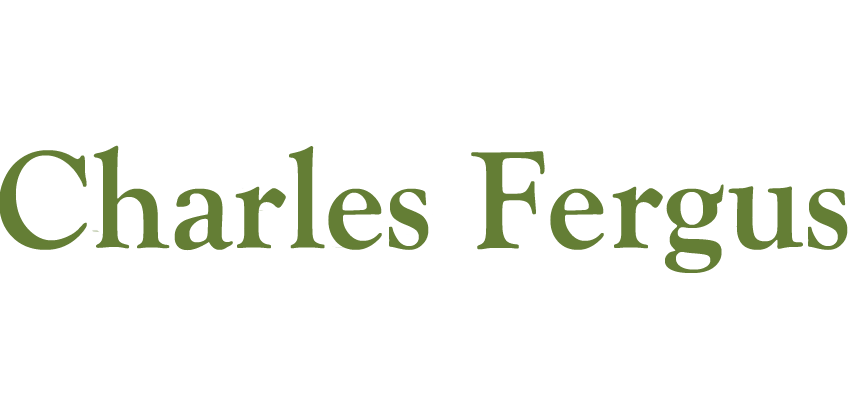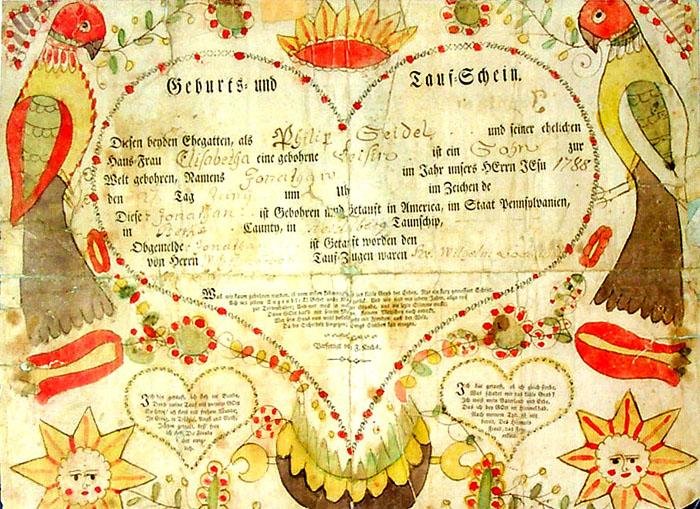Who are the Pennsylvania Dutch?
/Sheriff Gideon Stoltz, the main character in my historical mysteries, is Pennsylvania Dutch. What does that mean?
The word “Dutch” seems to signify Holland, or the Netherlands. Five hundred years ago, it referred to both Dutch and German peoples.
Beginning in the late 1600s, thousands of German-speaking people came to Pennsylvania, largely because the state, founded by the Quaker William Penn as a “holy experiment,” allowed its residents to practice their own religions freely. German and Swiss immigrants were fleeing from warfare and persecution in their homeland. Some had money for their Atlantic passage, with enough left over to buy land or set up a business. Others arrived as indentured servants. They flooded in through the port of Philadelphia. By 1790, a third of Pennsylvania’s population was of German origin. This migration continued well into the 1800s.
While they may have arrived as Palatinates, Hanoverians, Alsatians, Hessians, or Swiss, they were labeled simply “Dutch” by their new neighbors. Over time, they became known as “the Pennsylvania Dutch.”
PENNSYLVANIA GERMAN FRAKTUR ART FROM 1788. CREDIT: WIKIMEDIA COMMONS

